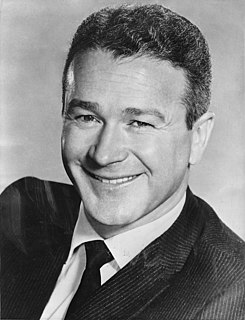A Quote by Bill Nye
There is good evidence that Venus once had liquid water and a much thinner atmosphere, similar to Earth billions of years ago. But today the surface of Venus is dry as a bone, hot enough to melt lead, there are clouds of sulfuric acid that reach a hundred miles high and the air is so thick it's like being 900 meters deep in the ocean.
Related Quotes
The reason you see so many volcanoes on Venus is partly due to the fact that there's virtually no erosion there. So on Venus, you're seeing features, some of which are hundreds of millions of years old on the surface. On Earth, we do not see any surface features nearly that old - you only see much more recent features.
And Venus must be hot if the history of the solar system is not the history of no change for billions of years. And Venus was found hot, not room temperature as was thought until 1959. In 1961 it was detected with radio means that it is like something like 600 Farenheit and Mariner 2 was sent out to find out true or not true? It was found that even more it is full 800 [degrees Farenheit].
What helped me get the part was that I turned it down. When I read the script, Venus was just a black guy who came in wearing a big coat and a hat and making jive talk. I'd been up for so many of those! I'd had enough of caricatures, what white writers conceive blacks to be. I told the producer I wasn't interested in doing anything like that for three or four years. He said that it was just a pilot, that Venus would be given a human dimension and would be quiet off-the-air. I wanted that input. I thought that side was as important as the comic side. For 'WKRP,' too much of either would be bad.
But my vote for Venus's most peculiar feature is the presence of craters that are all relatively young and uniformly distributed over its surface. This innocuous-sounding feature implicates a single planetwide catastrophe that reset the cratering clock... turning Venus's entire surface into the American automotive dream-a totally paved planet.
My next project is 'Venus Vs,' which is a documentary that follows tennis star Venus Williams and her effort to get equal-award pay for women at Wimbledon. Most people don't realize that Venus fought for years to make sure women and men winners of that tennis championship received the same amount in award money.































